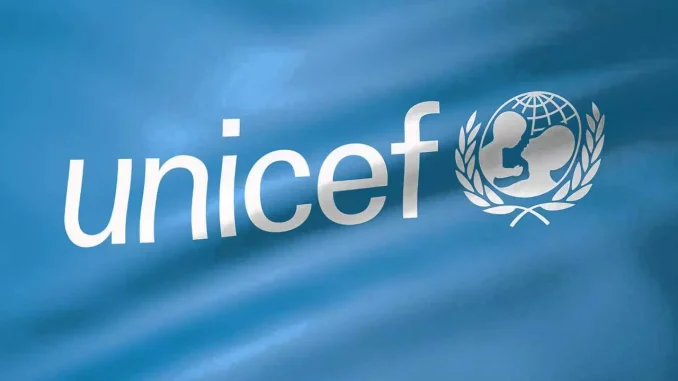
The United Nations Children’s Fund (UNICEF) has asked states in the North-West region to increase funding for Early Child Care Development Education (ECCDE).
UNICEF Chief of Field Office, Kano, Mr. Rahma Farah made the call during a two-days Evidence Advocacy and Policy Dialogue meeting organised by the Kano State Universal Basic Education Board (SUBEB) in collaboration with UNICEF.
Farah, represented by the Senior Education Manager, Michael Banda, stated that the region has recorded 42 percent of participation rate in early childhood education which is below the national average of 63 percent, hence the need for more investment to compete with its counterpart in the South-South with more than 90 percent record.
According to him, an increased budget will significantly impact development outcomes such as helping to lay a strong foundation for basic and post-basic education, learning success, economic productivity, social and emotional development for children.
“There is need for every state to reflect on it and ensure strong foundations are laid by investing and putting more resources in early childhood development.
“This is important because it will help in reducing repetition, school dropout, late enrollment and low performance in school,” he said.
In his remarks, the Jigawa State SUBEB Chairman, Prof. Haruna Musa, while commending UNICEF for their support in boosting the education sector through capacity building, pointed out that early childhood education tends to develop the mind of a child which makes learning easy for both the child and teacher.
He however called on parents, especially mothers to play a complimentary role in motivating their children to develop interest in education.
Also speaking, UNICEF Consultant and professor of early childhood and educational care, Prof. Esther Oduolowo, highlighted the importance of states and stakeholders to be intentional about increasing funding, and ensuring the implementation of these policies and goals on ECCDE.
“It provides the children with opportunities of living and growing, living and learning where some social skills like interaction, cooperation, and sharing are imbibed and inculcated, which help them grow to become proper adults,” she added.
Leave a Reply